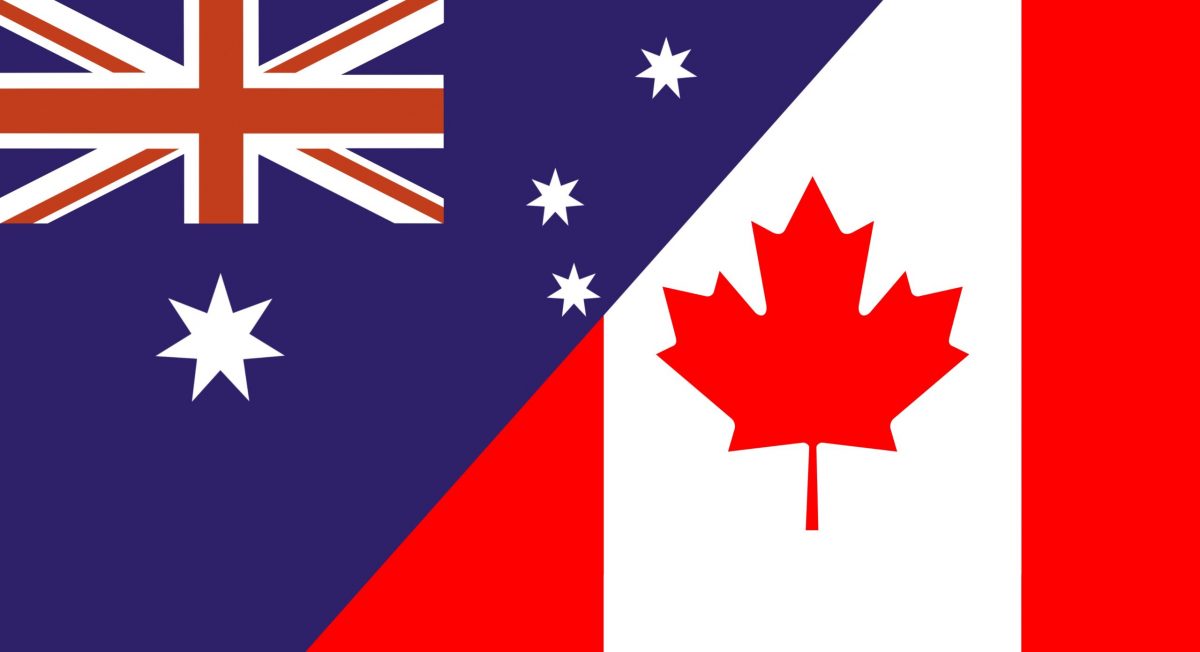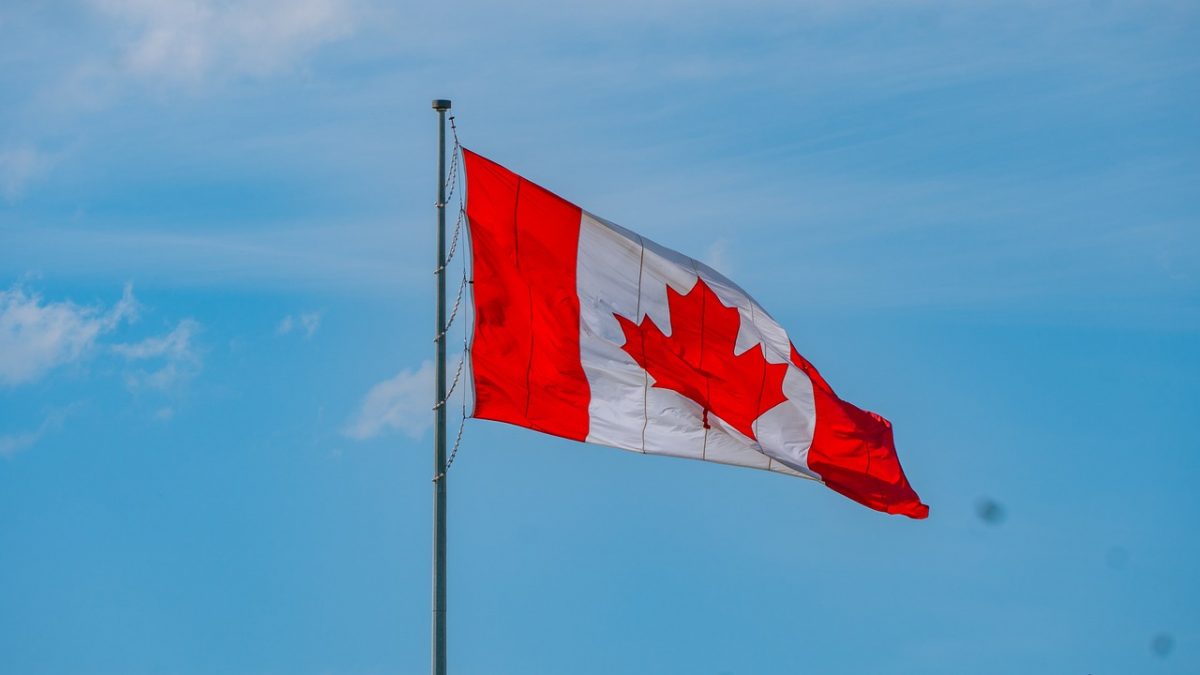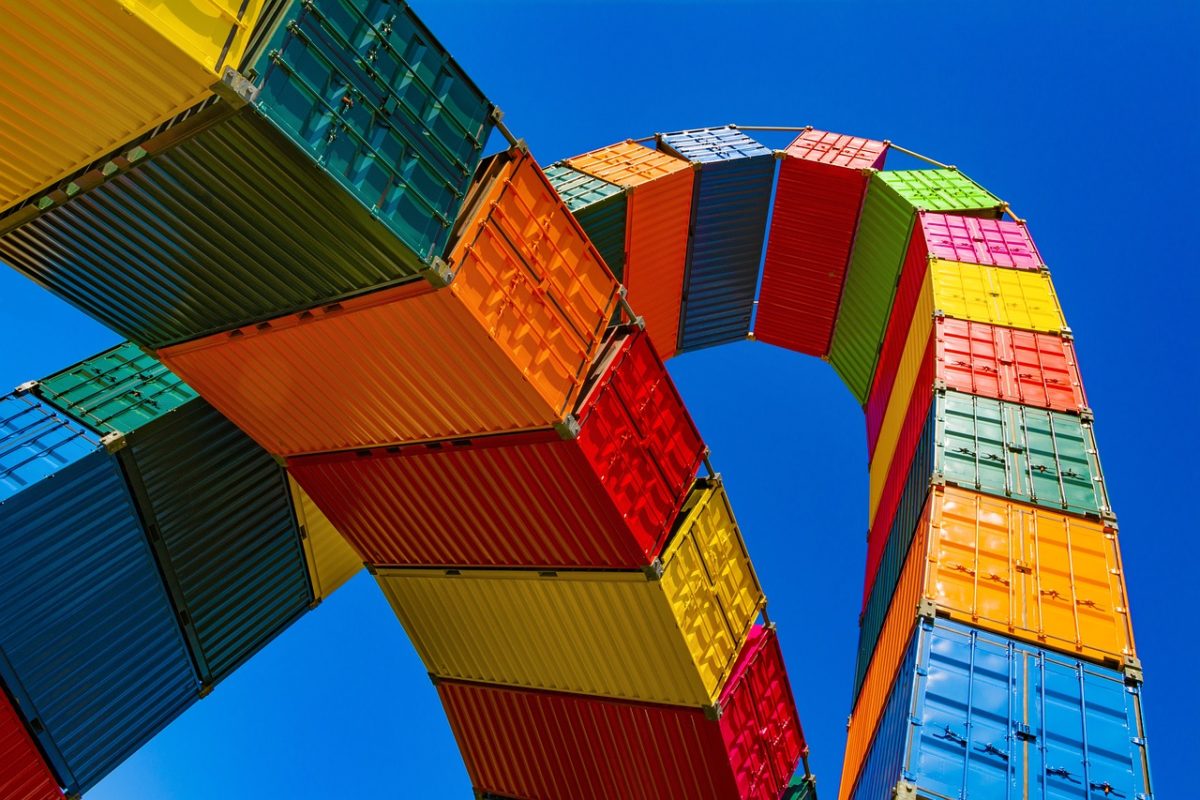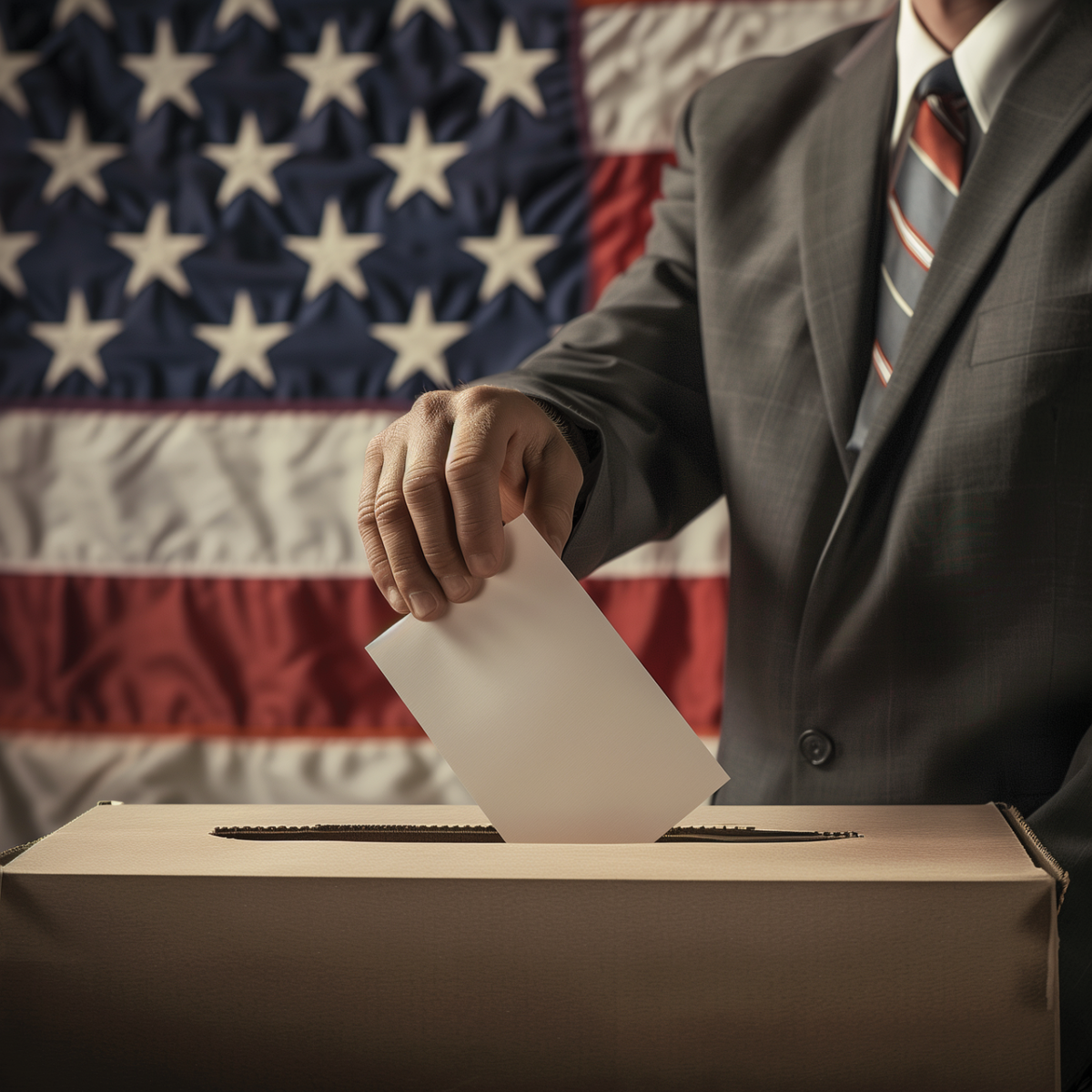In recent years, the growing backlash against mass tourism has become a significant issue for many of the world’s top travel destinations. Cities and countries that have long benefited economically from tourism are now grappling with its negative consequences, from environmental degradation to social tensions. In response, many local governments have implemented measures to curb overtourism, such as banning short-term rentals, imposing higher tourism taxes, and limiting the number of cruise ships allowed to dock. These actions, while necessary to protect local communities and ecosystems, have also brought new challenges, particularly in the realm of local politics.
Continue reading “Navigating the Backlash Against Mass Tourism: briefing note”









